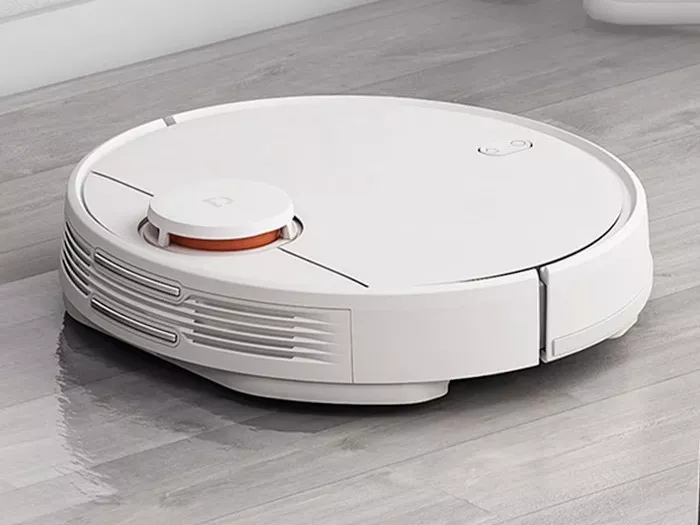Vacuum cleaners are essential tools in maintaining cleanliness and hygiene in homes and workplaces. They efficiently remove dust, dirt, debris, and even pet hair from various surfaces. However, many people wonder if vacuum cleaners can also handle spills and clean water. In this guide, we’ll delve into the capabilities of vacuum cleaners in handling water, safety considerations, and tips for effective cleaning.
Understanding Vacuum Cleaners
Before discussing whether vacuum cleaners can clean water, it’s essential to understand how they operate. Traditional vacuum cleaners, whether upright, canister, or handheld, use suction to draw in air along with dirt and debris. These models typically incorporate filters to trap particles and prevent them from recirculating into the air.
Vacuum Cleaners and Water
While vacuum cleaners are adept at removing dry debris, they are not designed for handling liquids, including water. Attempting to vacuum water with a standard vacuum cleaner can lead to serious damage to the machine and pose electrical hazards to users. Water can damage the motor, short-circuit electrical components, and even cause the vacuum cleaner to malfunction irreparably.
Wet/Dry Vacuum Cleaners
Unlike traditional vacuum cleaners, wet/dry vacuum cleaners are explicitly designed to handle both dry debris and liquids, including water. These versatile machines feature specialized components, such as sealed motors and waterproof filters, that allow them to safely vacuum water without risking damage.
Safety Considerations
When dealing with water cleanup, safety should always be a priority. Here are some essential safety considerations:
1. Unplug the Vacuum: Before attempting to clean up any liquid, ensure the vacuum cleaner is unplugged from the power source to prevent electrical accidents.
2. Use a Wet/Dry Vacuum: If you need to clean up water or other liquids, use a wet/dry vacuum specifically designed for such tasks. These models are equipped to handle liquids safely.
3. Avoid Unsafe Practices: Never attempt to vacuum liquids with a standard vacuum cleaner, as it can result in damage to the machine and pose significant safety risks.
4. Follow Manufacturer Guidelines: Always adhere to the manufacturer’s instructions and recommendations for using your vacuum cleaner, especially regarding the handling of liquids.
Tips for Using Wet/Dry Vacuum Cleaners
When using a wet/dry vacuum cleaner for water cleanup, consider the following tips to ensure effective and safe operation:
1. Choose the Right Attachments: Use appropriate attachments, such as a squeegee tool or wide nozzle, for efficient water extraction.
2. Empty the Tank Regularly: To prevent overfilling and maintain optimal suction power, empty the vacuum’s collection tank frequently during water cleanup.
3. Allow for Drying Time: After using the wet/dry vacuum cleaner to remove water, allow the machine to dry thoroughly before storing it to prevent mold and mildew growth.
4. Inspect and Maintain: Regularly inspect the vacuum cleaner for any signs of damage or wear, and perform routine maintenance as recommended by the manufacturer to prolong its lifespan.
Conclusion
In summary, while traditional vacuum cleaners are not suitable for cleaning water and can sustain severe damage if used for that purpose, wet/dry vacuum cleaners are specifically designed to handle both dry debris and liquids safely. By following safety precautions, using the right equipment, and adopting proper cleaning techniques, you can effectively clean up water spills and maintain a clean and safe environment in your home or workplace.
FAQs
Q1. Can I use my regular vacuum cleaner to clean up small water spills?
A1: No, using a regular vacuum cleaner to clean up water spills is not safe and can result in damage to the machine as well as pose electrical hazards. It’s essential to use a wet/dry vacuum cleaner specifically designed for handling liquids.
Q2. How do wet/dry vacuum cleaners differ from regular vacuum cleaners?
A2: Wet/dry vacuum cleaners are designed with sealed motors, waterproof filters, and other specialized components that allow them to safely handle liquids, including water. Regular vacuum cleaners are not equipped for liquid cleanup and can sustain damage if used for that purpose.
Q3. Can wet/dry vacuum cleaners be used to clean up large water spills?
A3: Yes, wet/dry vacuum cleaners are suitable for cleaning up both small and large water spills. However, it’s essential to empty the collection tank regularly to prevent overfilling and ensure optimal suction power. Additionally, allowing the vacuum cleaner to dry thoroughly after use is crucial to prevent mold and mildew growth.

